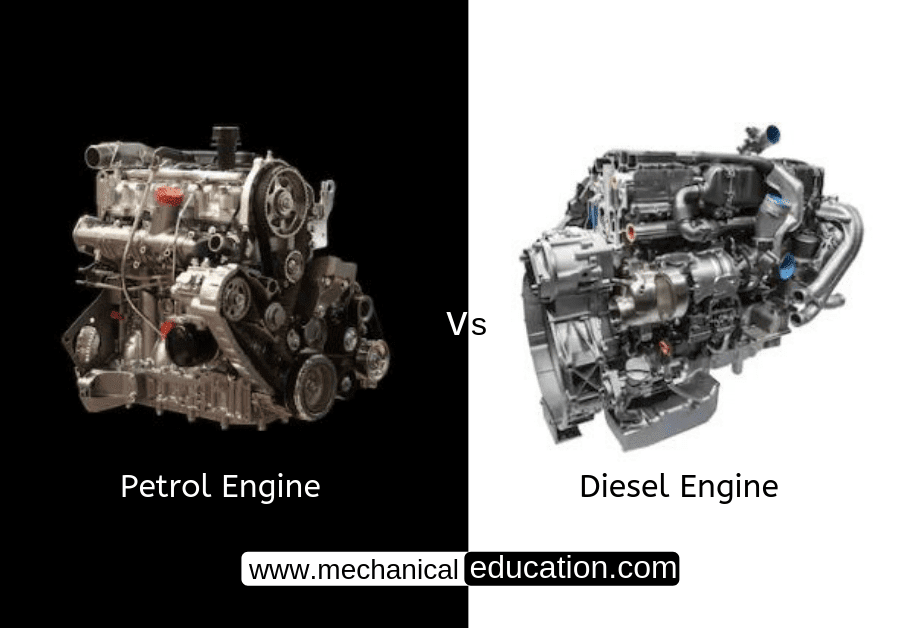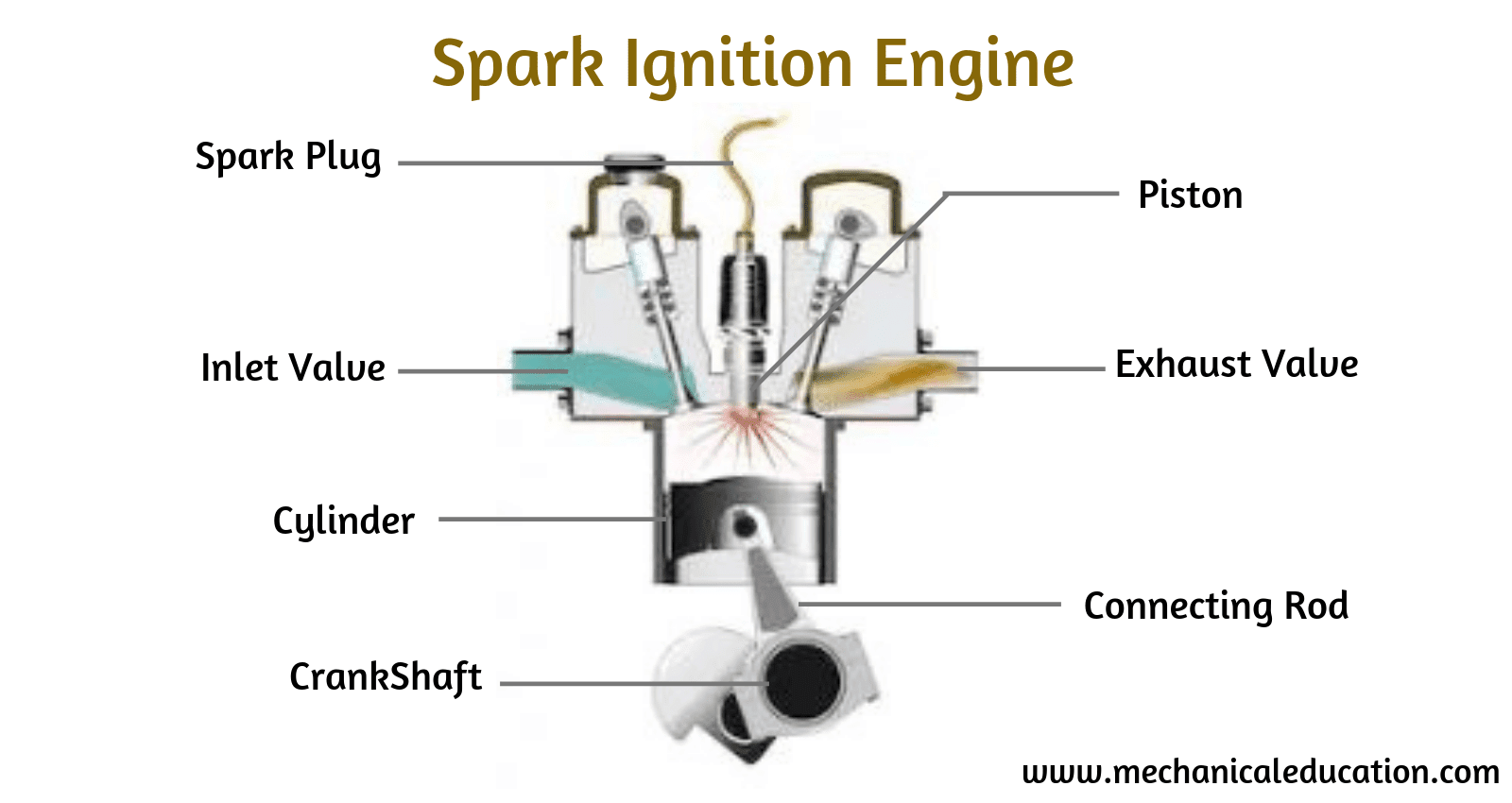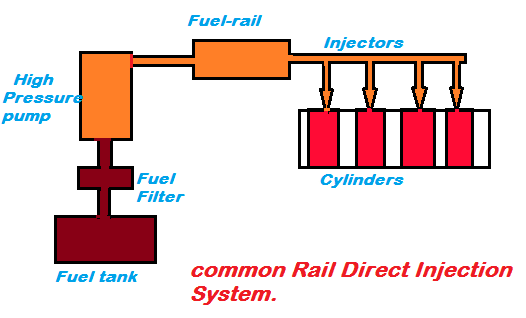The AC compressor is an important component of a car’s air conditioning system, as it is responsible for compressing and circulating the refrigerant that cools the air inside the car. When the AC compressor starts to fail or is faulty, there are several symptoms that you may notice, including:
- Lack of cool air: If the AC compressor is not working correctly, it may not be able to circulate refrigerant effectively, leading to a lack of cool air coming from the AC vents.
- Loud noises: A failing AC compressor may produce a loud knocking or rattling noise when it is turned on, which can be a sign that the internal components are damaged.
- AC clutch not engaging: The AC clutch is responsible for engaging the compressor when the AC is turned on. If the clutch is not engaging, it can be a sign that the compressor is not working correctly.
- Leaks: A damaged compressor can cause refrigerant to leak from the AC system, leading to reduced cooling performance or the complete failure of the AC system.
- Increased engine load: A failing compressor may cause the engine to work harder, resulting in decreased fuel efficiency and reduced engine performance.
If you notice any of these symptoms, it’s important to have your car’s AC system inspected by a qualified mechanic. They can diagnose the issue and recommend the necessary repairs to restore the proper functioning of your car’s AC system.
Frequently Asked Questions
1. What are the common symptoms of a failing car air conditioning (A.C.) compressor?
Common symptoms include reduced or no cooling, unusual noises such as squealing or grinding, and visible oil stains near the A.C. compressor.
2. Can a failing A.C. compressor cause warm air to blow from the vents?
Yes, a failing A.C. compressor can lead to insufficient cooling, causing warm or only slightly cool air to blow from the vents.
3. Are there specific noises that indicate a problem with the A.C. compressor?
Yes, noises such as squealing, grinding, or clunking when the A.C. is engaged can indicate issues with the compressor, such as worn-out bearings or a failing clutch.
4. Can a damaged A.C. compressor affect the overall performance of the A.C. system?
Yes, a damaged compressor can significantly impact A.C. system performance, leading to decreased cooling efficiency and potential damage to other components.
5. What should I do if I notice oil stains near the A.C. compressor?
Oil stains near the A.C. compressor may indicate a refrigerant leak. It’s crucial to consult a professional to identify and address the issue, preventing further damage to the A.C. system.
6. Can a damaged A.C. compressor result in higher fuel consumption?
Yes, a damaged A.C. compressor may lead to increased fuel consumption, as the engine has to work harder to compensate for the inefficient operation of the A.C. system.
7. How can I distinguish between a failing A.C. compressor and other A.C. system issues?
While reduced cooling is a common symptom, unusual noises specific to the compressor, such as squealing or grinding, can help distinguish a compressor issue from other A.C. system problems.
8. Is it possible to drive with a bad A.C. compressor, or should I avoid using the A.C.?
Continuing to drive with a damaged A.C. compressor may lead to further damage to the system. It’s advisable to avoid using the A.C. and consult a professional for repairs.
9. Can I replace the A.C. compressor on my own, or should I seek professional help?
A.C. compressor replacement requires specialized knowledge and tools. It’s recommended to seek professional help to ensure proper diagnosis, repair, and handling of refrigerants.
10. How often should the A.C. compressor be inspected for potential issues?
Regular A.C. system maintenance, including compressor inspection, is recommended annually. If you notice symptoms like reduced cooling or unusual noises, an immediate inspection is advisable.




